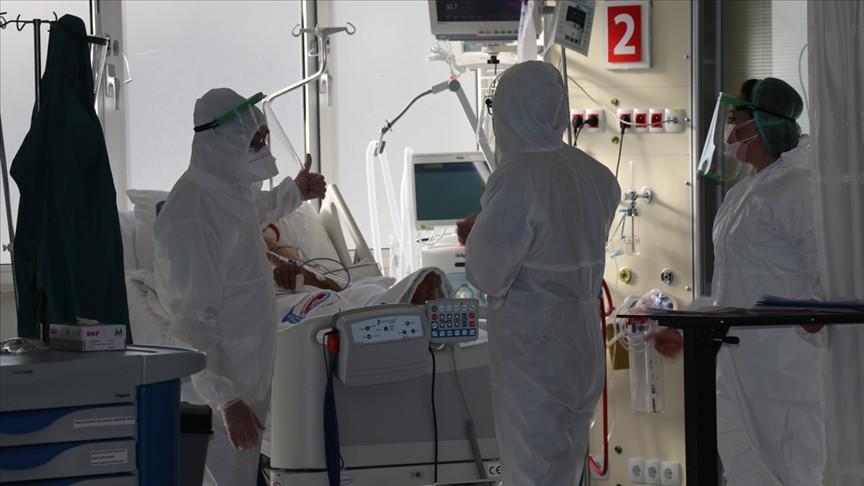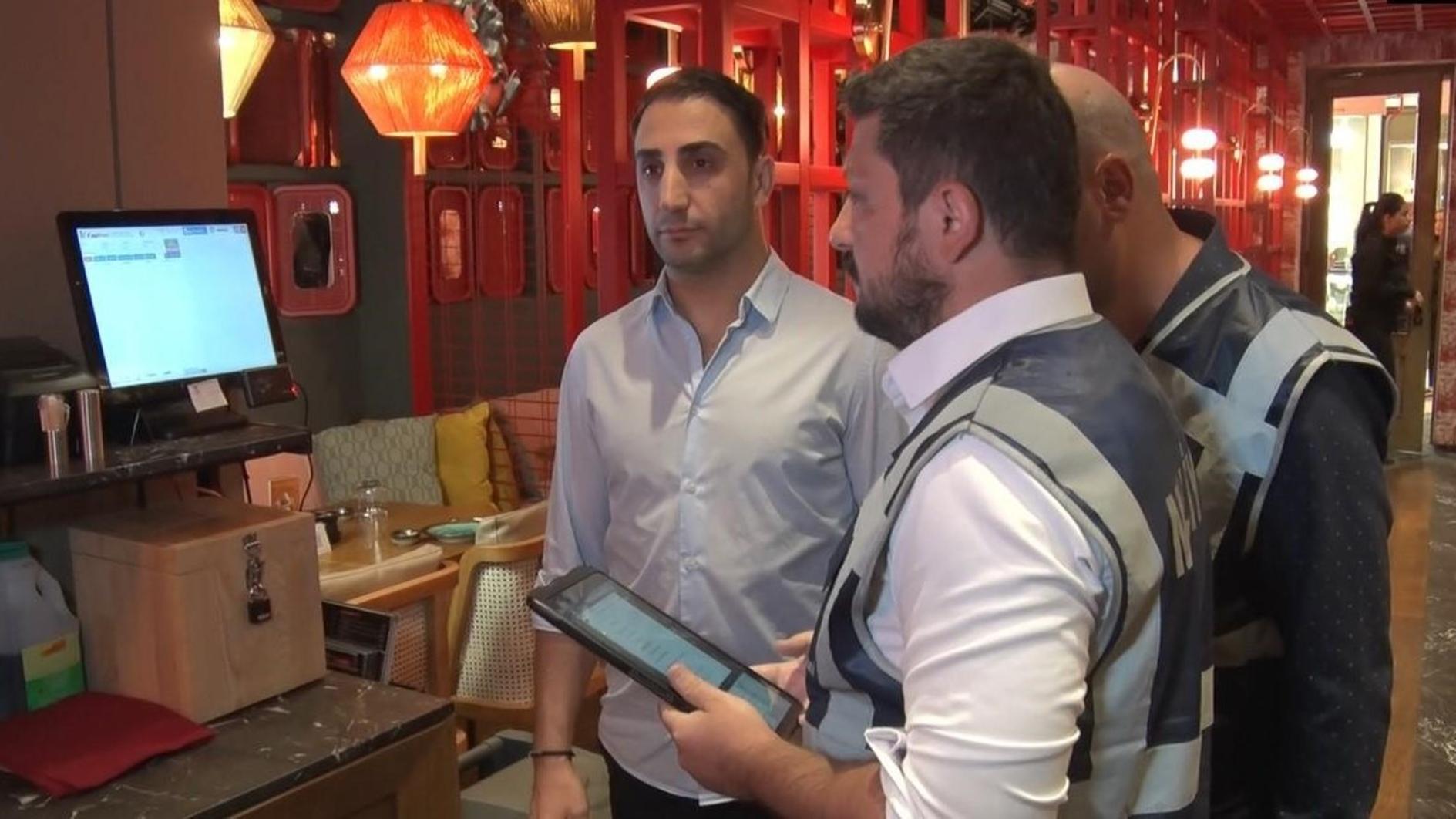COVID-19 situation improving in big cities, say experts
ISTANBUL

The COVID-19 situation in Turkey’s large cities has been improving, with the number of patients and people in intensive care declining, thanks to a raft of measures the government introduced to bring the spread of the virus under control, experts have said.
As part of those curbs, Turkey has been implementing weeknight curfews and full lockdowns on weekends in all 81 provinces of the country, while restaurants and cafes are only allowed to provide delivery and takeaway services.
The decline in the number of active cases is gratifying. We will also reduce the number of new cases in compliance with restrictions and measures, Health Minister Fahrettin Koca wrote on Twitter on Dec. 23.
“The number of patients in the COVID-19 ward has declined as much as 40 percent over the past month,” said Zekayi Kutlubay, the chief physician at Cerrahpaşa Medical School in Istanbul, adding that the number of patients in intensive care units (ICU) has also dropped by 50 percent over the same period.
He likewise noted that there has been a 40 percent to 50 percent decline in the number of people applying to the hospital’s COVID-19 outpatient clinic.
Hospitals were overwhelmed at the start of the second wave of the outbreak and intensive care units reached capacity at that time, but the situation has improved significantly in large cities, said Prof. Dr. Oktay Demirkıran from the Society of Intensive Care (TYBD).
“We do not have the scenes patients waiting on stretchers in emergency services anymore. Our assessments are pointing to an improvement in the situation in the country’s large cities,” he added.
Demirkıran voiced concern that people may act less prudent if they hear that the situation is improving.
“The immediate potential risk is the upcoming New Year’s celebrations. If people gather in groups somehow for New Year’s festivities, we may have problems at the end of January or in February,” he explained.
Kutlubay stressed most of the cases they examine point to household transmission of COVID-19 and the transmission at workplaces.
“People must avoid home gatherings and home visits,” he warned.
















